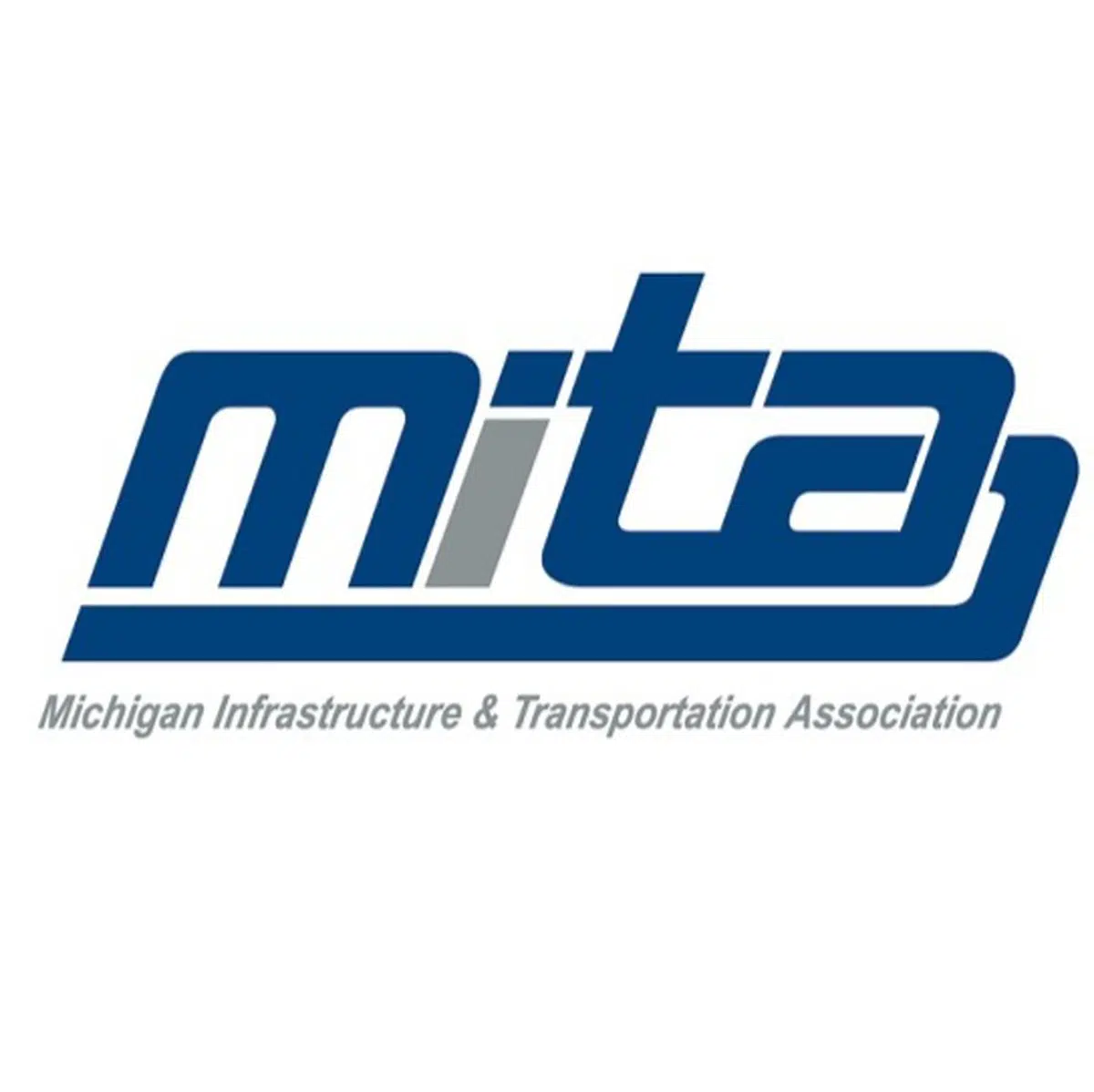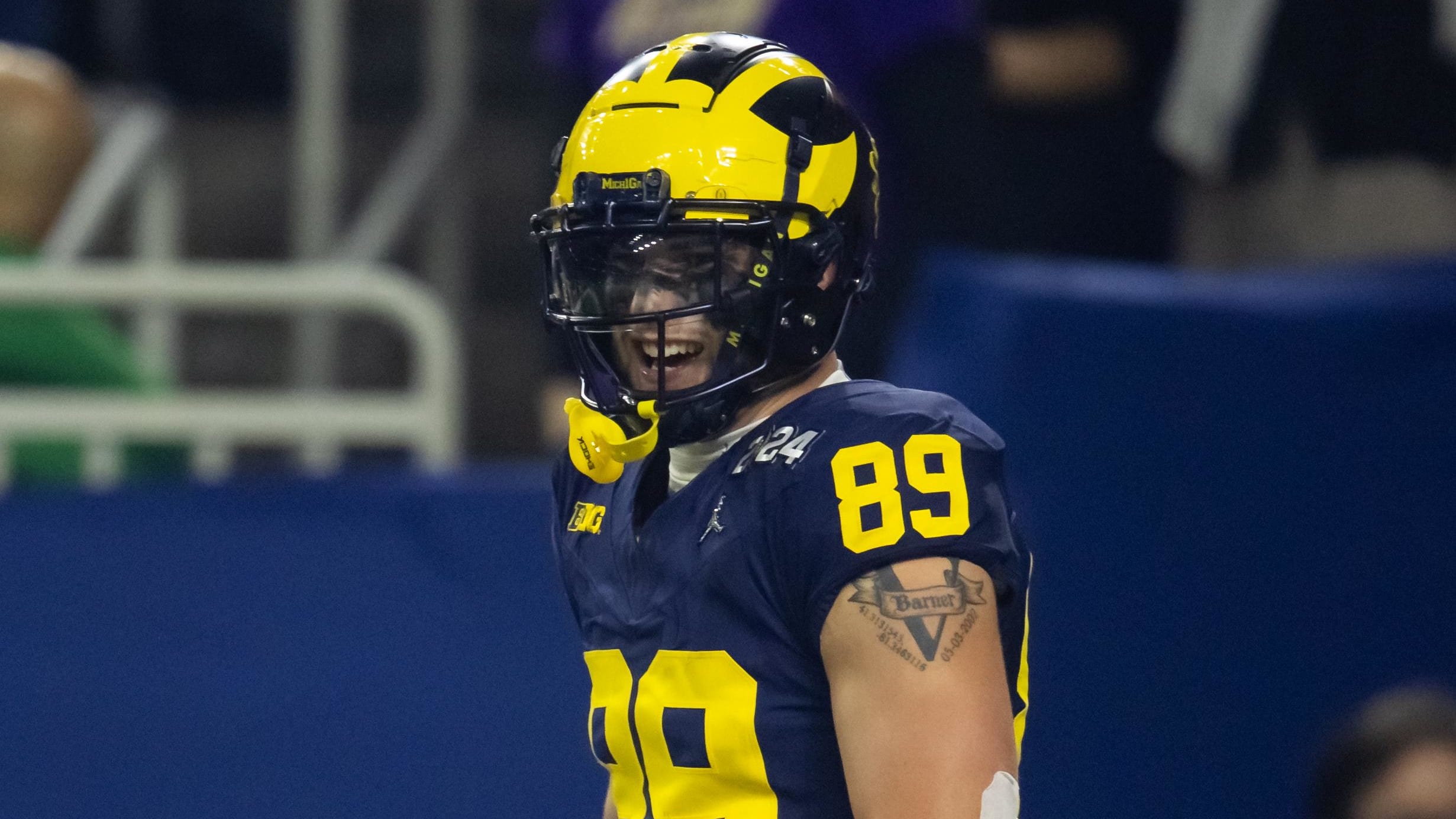Michigan
WORK ZONE SAFETY: Michigan Group Advocates As Construction Season Begins

Rob Coppersmith, executive vice president of the Michigan Infrastructure and Transportation Association, issued the following statement following the kickoff of National Work Zone Awareness Week in Michigan:
“As construction season gets underway, the safety of Michigan’s road workers must be the top priority. In 2023, there were more than 7,200 work zone crashes in Michigan and 20 fatalities, with the biggest causes of crashes being speeding and distracted driving. It’s clear that not enough is being done to protect Michiganders on both sides of the orange barrel.
“Currently, 23 states allow the use of automated speed enforcement in work zones, but Michigan is not one of them. Speed cameras in work zones are a proven tool for reducing crashes and fatalities. By adding speed cameras to Michigan’s work zones, we can help protect our construction workers and motorists by enforcing work zone speed limits and holding drivers accountable.
“Ensuring our construction workers have safe work zones is a big reason why MITA has been heavily involved with the Michigan Work Zone Safety Task Force, an effort between the highway construction industry and the Michigan Department of Transportation focused on making work zones safe across Michigan. House Bills 4132 and 4133 would set the precedent for increased safety on Michigan’s roads by aligning our state with the 23 others that use automated speed enforcement in work zones. We hope the Michigan legislature acts quickly to help reduce deaths and protect our work zones by passing this bipartisan legislation.”

Michigan
Climate group plans legal pushback on permit for Line 5 tunnel project • Michigan Advance

This coverage is made possible through a partnership between IPR and Grist, a nonprofit environmental media organization.
At issue is the commission’s permit for Enbridge’s Line 5 tunnel project beneath the Straits of Mackinac.
The Canadian company Enbridge wants to relocate the existing dual pipelines running some four miles along the lakebed in the Straits of Mackinac into a proposed tunnel that would be built in the bedrock underneath the straits.
In December, the Michigan Public Service Commission approved the project. Since then, it has faced appeals from tribes and environmental groups. Now, the climate action network will join that legal opposition.
Opponents of the tunnel worry about Line 5 continuing to operate at all, risking a spill and billions of dollars of damage to the environment.
“The most viable and sensible course of action is to shut down Line 5, and focus on cleaner, better energy alternatives,” said Denise Keele, the network’s executive director, speaking as part of a panel held on Wednesday in Traverse City.
The event was called “Tunnel Vision: A Masterclass in Rejecting the Line 5 Oil Tunnel.” It was organized by Groundwork Center for Resilient Communities, Sierra Club, Progress Michigan, and Oil & Water Don’t Mix.
Keele didn’t say what exactly the appeal would argue, although she told the Traverse City Record-Eagle that it would use the state’s environmental protection law, including protections against methane emissions.
When the public service commission announced the permit, chair Dan Scripps said the tunnel would be the best way to reduce the risk of a “catastrophic” oil spill in the straits. Opponents of the project hold that the best way to address that risk is to shut down the pipeline. Enbridge maintains that the pipeline is necessary to transport oil and natural gas liquids.
The public service commission’s permit for Enbridge’s pipeline relocation plan was the first time a state agency considered greenhouse gas emissions in an analysis under Michigan’s environmental policy act.
The climate action network and the Environmental Law & Policy Center pushed for the commission to do so, winning an appeal in 2021.
“We decided to have our own day in court, and to challenge Enbridge, challenge the Michigan Public Service Commission and, frankly, challenge the law itself to recognize what we already know — that we are living in this climate crisis,” Keele said.
Previously, experts told the Michigan Public Service Commission that continuing to operate Line 5 in a tunnel would release tens of millions of tons of carbon dioxide into the atmosphere each year, compared to shutting down operations in the straits altogether.
But the commission said in its decision that proposed alternatives to the tunnel project, like transporting fuel by rail and truck, could be more harmful to the environment and that “there are no feasible and prudent alternatives to the Replacement Project pursuant to MEPA.”
MEPA is the Michigan Environmental Protection Act.
In an emailed statement to IPR, Enbridge spokesperson Ryan Duffy said “we are building the Great Lakes Tunnel as a sustainable way to ensure energy is delivered reliably and safely, while protecting the waters of Lake Michigan and Huron for Michiganders now, and generations to come.”
As for the legal challenges, Duffy said Enbridge officials believe the Michigan Court of Appeals will ultimately uphold the public service commission’s decision to green light the project.
Beyond the state Court of Appeals, the project still needs a federal permit from the U.S. Army Corps of Engineers. A decision is expected in 2026.
Editor’s note: Enbridge is among Interlochen Public Radio’s financial supporters. They have no role in decisions about our news coverage, which are made independently by the IPR newsroom.
Michigan
Michigan’s AJ Barner Eyes Another Championship with Seattle Seahawks

The Seattle Seahawks haven’t won a Super Bowl in a decade, but they are bringing some championship experience to the roster with fourth-round rookie right end A.J. Barner, who just came off a National Championship season at Michigan.
Barner played all 15 games for the Wolverines this year, catching 22 passes for 249 yards and a touchdown. As primarily a blocking tight end, he plays a role that isn’t big in the stat sheet, but is key when it comes to wins and losses — and that’s all Barner cares about when it’s all said and done.
Michigan tight end AJ Barner makes a catch against Rutgers linebacker Deion Jennings during the
Kirthmon F. Dozier / USA TODAY NETWORK
“I’m here to win championships,” Barner said in his introductory conference call. “I love football and I just want to help the team out however I can. It’s an honor to go to a city like Seattle.”
On Day 3 of the draft, pickings can be slim when it comes to the top talent. That’s why teams usually seek out players who love football and winning more than anything, particularly as the talent pool thins out after the first three rounds. They are willing to do whatever it takes to win football games, and that’s oftentimes the heartbeat of the football team.
The majority of NFL rosters are comprised by players drafted on Day 3, but of course, not every player makes it far in their career. The hope for Barner is that his winning attitude can become infectious around the team and that he makes positive contributions, whether on offense, special teams or off the field.
Before joining forces with veterans such as Noah Fant and Pharaoh Brown in OTAs next month, Barner and the rest of the Seahawks incoming 2024 class will begin their journey through the offseason with rookie minicamp next weekend.
Michigan
REPORT: Former Michigan State QB Expected To Start For Arizona State

Sometimes transfer decisions work out well for all parties involved.
Former Michigan State quarterback Sam Leavitt, who entered the transfer portal just days after the Spartans hired new head coach Jonathan Smith, is expected to be named the starting QB for Arizona State, according to a report from ‘Arizona Sports’.
Leavitt impressed Sun Devils head coach Kenny Dillingham enough during ASU’s spring practice to win the job, beating out fellow 2023 prospect Jaden Rashada. As a result, Rashada has now entered the transfer portal. As a true freshman a year ago, Leavitt appeared in four games off the bench for Michigan State, completing 15-of-23 pass attempts (65.2%) for 139 yards and two touchdowns. He added an extra element to the Spartans’ offense with his running ability as well, rushing for 67 yards on 13 carries.
Throughout the 2023 season, while MSU searched for its next head coach in the midst of the Mel Tucker scandal, Leavitt maintained his desire to remain in East Lansing. However, that changed when the Spartans hired Jonathan Smith, as Leavitt — the 2022 Gatorade Player of the Year in Oregon — had previously felt slighted by the former Oregon State head coach for not offering him a scholarship.
There was a reason Smith hadn’t offered Leavitt, however. Oregon State had its sight set on a different 2023 quarterback — Aidan Chiles. Smith and his staff landed Chiles in of last year’s recruiting cycle, and they’ve now reunited at Michigan State. Each former four-star prospects, both Chiles and Leavitt are now expected to start for their new respective schools.
Smith and offensive coordinator Brian Lindgren have totally overhauled Michigan State’s quarterback room since arriving this past winter. In addition to Leavitt’s departure, the Spartans saw 2023 quarterbacks Noah Kim and Katin Houser transfer to Coastal Carolina and East Carolina, respectively. Both of those signal-callers will have opportunities to start in 2024 as well. MSU, meanwhile, added North Dakota transfer Tommy Schuster and 2024 high school prospects Alessio Milivojevic and Ryland Jessee to fill out their quarterback room.
In the end, it appears that all these transfers worked out well for all parties involved.
Don’t forget to follow the official Spartan Nation Page on Facebook Spartan Nation WHEN YOU CLICK RIGHT HERE, and be a part of our vibrant community group Go Green Go White as well WHEN YOU CLICK RIGHT HERE.
-

 Kentucky1 week ago
Kentucky1 week agoKentucky first lady visits Fort Knox schools in honor of Month of the Military Child
-

 World1 week ago
World1 week agoShipping firms plead for UN help amid escalating Middle East conflict
-

 News1 week ago
News1 week agoIs this fictitious civil war closer to reality than we think? : Consider This from NPR
-

 Politics1 week ago
Politics1 week agoICE chief says this foreign adversary isn’t taking back its illegal immigrants
-

 Politics1 week ago
Politics1 week ago'Nothing more backwards' than US funding Ukraine border security but not our own, conservatives say
-

 News1 week ago
News1 week agoThe San Francisco Zoo will receive a pair of pandas from China
-

 World1 week ago
World1 week agoTwo Mexican mayoral contenders found dead on same day
-

 Politics1 week ago
Politics1 week agoRepublican aims to break decades long Senate election losing streak in this blue state




















